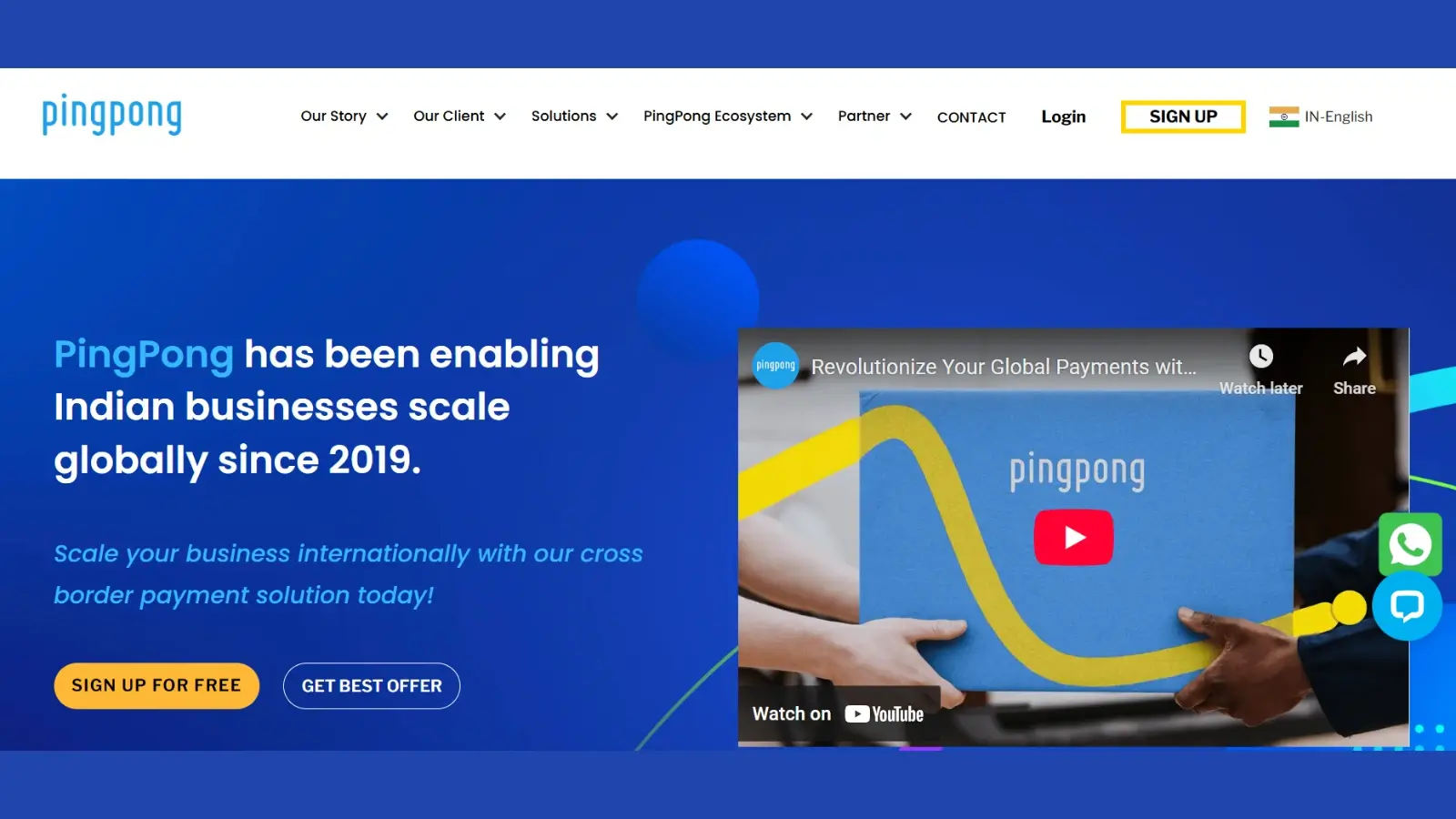


Vietnam has emerged as one of Southeast Asia’s most dynamic economies, attracting significant foreign investment and driving increased cross-border trade. For businesses looking to expand or operate in Vietnam, understanding the evolving landscape of cross-border payments is crucial. From regulatory compliance to payment trends, companies must navigate these waters carefully to ensure efficiency, security, and compliance.
Vietnam’s booming e-commerce sector, coupled with an influx of B2B trade, has fueled demand for seamless cross-border payment solutions. Businesses require fast, reliable, and cost-effective methods to send and receive funds internationally. Traditional banking systems often struggle to meet these demands due to high fees, slower processing times, and regulatory complexities.
This is where modern fintech solutions come into play. Platforms like Pingpong in India are not only simplifying cross-border transactions for businesses but also ensuring compliance with local and international financial regulations. By leveraging advanced technology, businesses can execute payments in multiple currencies while minimizing transaction costs.
Vietnamese businesses are rapidly adopting digital payment solutions to streamline international transactions. Mobile wallets, online payment gateways, and fintech platforms are increasingly replacing traditional wire transfers. Companies like Pingpong are at the forefront of this shift, providing tailored solutions for B2B payments and international marketplaces.
With the Vietnamese dong (VND) and US dollar commonly used in trade, businesses are seeking platforms that support multiple currencies. Real-time settlement options are becoming a significant trend, enabling quicker cash flow management and reducing exposure to currency fluctuations.
Cross-border payment providers are enhancing transparency by clearly outlining fees, exchange rates, and transaction timelines. This trend is especially important for SMEs operating in Vietnam, as hidden costs can significantly impact profitability.
Operating in Vietnam requires adherence to local regulations and international compliance standards. Businesses need to be aware of:
Vietnam has specific rules governing foreign currency transactions, including limits on certain types of payments and reporting requirements for foreign remittances. Ensuring compliance with the State Bank of Vietnam’s regulations is critical to avoid penalties or transaction delays.
Cross-border payments are closely monitored for suspicious activity. Companies must conduct robust KYC (Know Your Customer) checks and adhere to AML policies to maintain regulatory compliance. Fintech platforms like Pingpong in India integrate these compliance measures seamlessly, helping businesses meet requirements without operational friction.
Businesses must be aware of withholding taxes and other obligations related to international payments. Partnering with payment providers that offer tax support or guidance can simplify this process significantly.
Leverage Trusted Payment Platforms: Use platforms with strong regional expertise, multi-currency support, and compliance integration. Pingpong offers comprehensive solutions for B2B payments, allowing businesses to focus on growth rather than administrative burdens.
Vietnam’s cross-border payment ecosystem is poised for continued growth. The convergence of digital finance, regulatory modernization, and increased global trade creates opportunities for businesses that can navigate these trends effectively. By partnering with innovative platforms like Pingpong in India, companies can not only optimize their cross-border payments but also ensure regulatory compliance, cost efficiency, and operational agility.
Cross-border payments in Vietnam are no longer a complex, opaque process. With the right tools, businesses can manage international transactions efficiently, reduce costs, and stay compliant with evolving regulations. Leveraging fintech solutions such as Pingpong can empower businesses to focus on growth while confidently navigating the Vietnamese market.
For companies looking to streamline international transactions and optimize their B2B payments in Vietnam, platforms like Pingpong in India provide a reliable, compliant, and user-friendly solution.